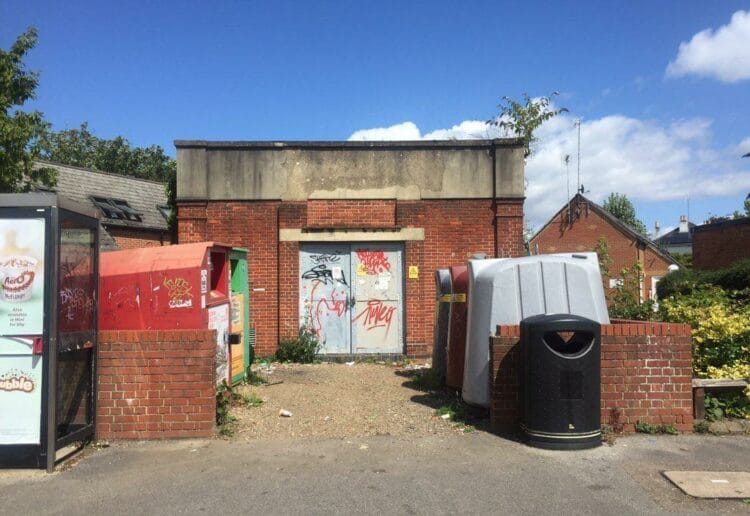KERBSIDE glass collections are due to be introduced by March 2026 – meaning bottle bank collections will continue for a while yet.
Reading Borough Council’s Labour-run administration has faced calls to introduce a doorstep recycling service for years, similar to West Berkshire Council’s, and at the January council meeting the leader of the opposition raised the issue once again.
Cllr Rob White (Green, Park ward) pointed out that in some homes, glass bottles are piling up in front gardens, put in the grey wheelies for general rubbish, or dumper rather than taken to bottle banks.
“Green councillors are again urging the council to bring forward a doorstep glass recycling scheme to boost recycling,” he said, adding three questions: “How much glass is in the average grey bin in Reading?” and “What progress has the Council made on doorstep glass recycling recently?”
Cllr White then asked when doorstep glass collections will be introduced.
Cllr Karen Rowland, Reading Borough Council’s lead councillor for environmental services, said council data showed glass bin contamination is relatively low.
“Glass represents up to 5% of our overall 50% recycling rate,” she said. “Despite our latest analyses indicating that only 4% of our grey bins and only 1.92% of our red bin contamination is glass, I do share your opinion that in an ideal world these numbers would be at zero.”
The Labour councillor for Abbey ward referred to the council’s 2023 ‘binfographic’ showing 22% of paper, card and plastic, 21% of food waste and 13% of metal, garden waste and electricals could be recycled rather than thrown in general waste.
Cllr Rowland also said Reading was the first town in the country in the 1970s to establish a ‘town-wide’ bottle bank system, with 49 banks dotted across the borough.
“Labour Councillors are committed to maximising recycling,” she said. “While we understand the desire for a kerbside glass collection, we also recognise that our bottle banks around the Borough are well used by many residents and that service design needs careful thought to prevent a new issue of glass collection noise disturbing greater numbers of residents.”
Labour councillors have previously said that they were waiting for ‘secondary legislation’ from the Environment Act 2021 to determine how kerbside glass recycling schemes could be funded. This was released in October last year, but Cllr Rowland said financing for the schemes “remains vague.”
The government expects councils to implement doorstep glass recycling by March 2026, which is two years away, but funding is not expected until December 205.
Cllr Rowland admitted that Reading Borough Council could implement doorstep glass recycling by ‘going it alone’ she preferred kerbside glass recycling to be implemented alongside the Re3 partnership, which also manages waste in Wokingham Borough and Bracknell Forest.
The exchanges took place at the full council meeting on January 31.
























